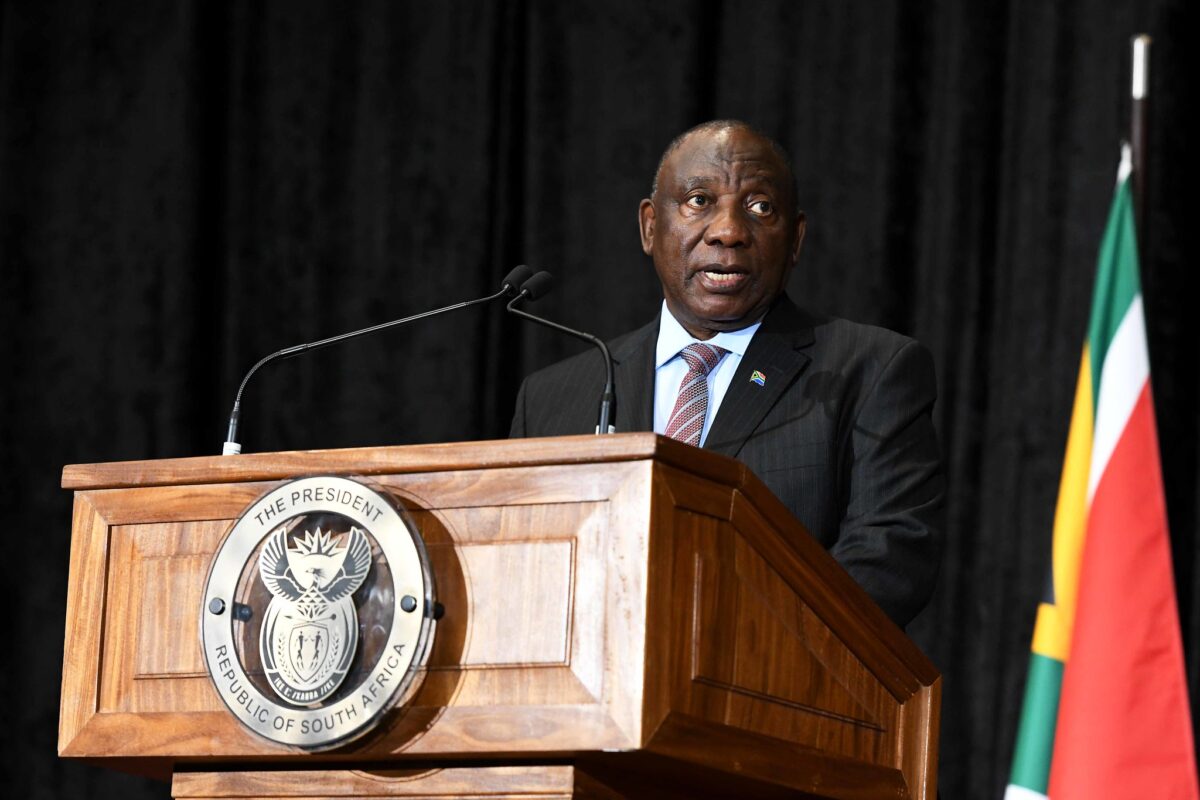Anna Rossington, interim director for retail electricity markets at U.K. regulator Ofgem this week blogged the organization “has given the green light to rolling out market-wide half-hourly settlement across the retail electricity market.”
“This decision,” wrote Rossington, “marks a major milestone in the transition to the smart, flexible energy system essential to Britain achieving its net-zero climate goals at the lowest cost to consumers.”
Ofgem estimates half-hourly settlement will save consumers around £1.6-4.5 billion (€1.84-5.18 billion) by 2045, by enabling smart usage of the network which will facilitate energy demand to play a greater role in the market and, therefore, reduce the need for new, large scale generation facilities.
“Implementation of the new system is expected to take place over a period of four-and-a-half years and to be complete by October 2025,” wrote the interim director. “This transition period will allow extensive testing to take place so any issues can be resolved before the new system goes live.”
It is a timescale which can in no way be considered swift. Chris Hewett, chief executive of trade body Solar Energy UK, said: “One might question the overly cautious length of time set aside for testing in the midst of a climate emergency, but otherwise it is fantastic to see Ofgem is moving the dial on the matter of half-hourly settlement. The decision will undoubtedly enhance innovation in the market, and the role of solar and battery storage in supporting the grid.”
How it works
As hinted by Hewett, the half-hourly settlement matters a lot for the PV industry, as well as for other types of on-site renewables, energy storage and demand-side response systems.
Half-hourly settlement – with consumption measured every 30 minutes and billed accurately according to usage – is nothing new for heavy electricity consumers such as manufacturers and large businesses. However, households and small firms have traditionally had their consumption estimated and only recalibrated, through extra payment demands or refunds, after irregular meter readings.
With the U.K. government's Department of Business, Energy and Industrial Strategy (BEIS) estimating 23.6 million smart and advanced meters had been deployed by the end of 2020, the ground is being prepared for all electricity users to be billed according to their half-hourly usage. Covid-19 may have slowed the rate of smart meter roll-out but 3.2 million more were installed last year, according to BEIS.
Why it matters
More accurate consumption data will enable power companies to accelerate the offer of flexible ‘time-of-use' tariffs, which charge varying prices for power consumption depending on the hour of day.
With smarter tariffs available, technology which maximizes the financial benefits of time-of-use consumption – on-site renewables, battery storage and electric vehicles – should also become more desirable.
Inconsistent regulator
Ofgem's newly-announced ‘Market Wide Half Hourly Settlement' (MHHS) policy is part of a wider Electricity Settlement Reform Significant Code Review launched by the regulator in July 2017.
The national electricity and gas markets body consulted the energy industry on MHHS from late January until early last month, with the consultation document stating it planned “to place responsibility for management and delivery of the implementation of MHHS with industry.” The regulator has, accordingly, appointed the Elexon non-profit entity formed by energy market participants to manage the MHHS program under its oversight.
While Solar Energy UK welcomed half-hourly pricing, the planned policy would appear to conflict with Ofgem's decision, in 2019, to fix ‘residual charges' for consumers, thus removing one of the benefits of renewables generation offered to companies which had invested capital in reducing their carbon footprint.
As part of its Targeted Charging Review (TCR), the residual charges, which are applied to all electricity consumers to recover the costs of running the grid, were applied on a blanket basis, regardless of whether companies had reduced their grid power consumption by investing in solar, storage or demand-side response systems.
pv magazine has previously reported on the braking effect the TCR has had on the ability to vary electricity price tariffs and on the interplay between residual charges and decentralized generation. By preparing to usher in half-hourly settlement, albeit some way down the line, Ofgem appears to be walking an inconsistent path to net zero.
This content is protected by copyright and may not be reused. If you want to cooperate with us and would like to reuse some of our content, please contact: editors@pv-magazine.com.



By submitting this form you agree to pv magazine using your data for the purposes of publishing your comment.
Your personal data will only be disclosed or otherwise transmitted to third parties for the purposes of spam filtering or if this is necessary for technical maintenance of the website. Any other transfer to third parties will not take place unless this is justified on the basis of applicable data protection regulations or if pv magazine is legally obliged to do so.
You may revoke this consent at any time with effect for the future, in which case your personal data will be deleted immediately. Otherwise, your data will be deleted if pv magazine has processed your request or the purpose of data storage is fulfilled.
Further information on data privacy can be found in our Data Protection Policy.